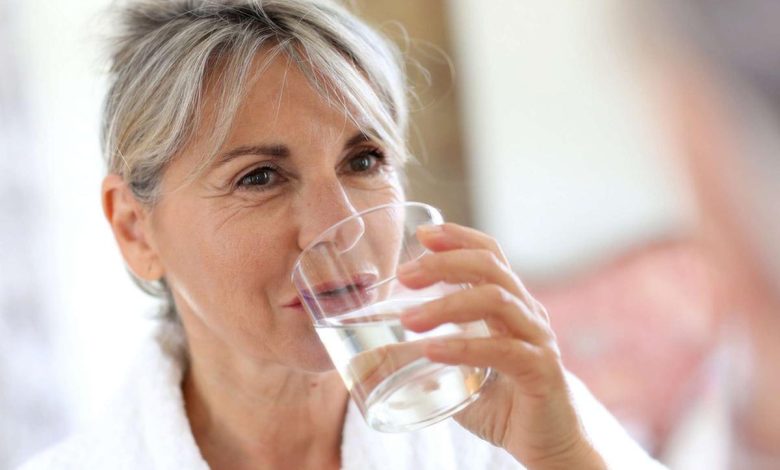Maximizing your chances of good health through proper hydration

Staying well-hydrated would be the key to aging well and staying healthy longer, according to a recent American study. A sufficiently hydrated adult would have less risk of developing chronic diseases compared to a person who does not drink enough.
Water is the source of life and good health. But the quantity to be consumed on a daily basis raises questions. In the summer of 2022, the “30-day water gallon challenge” recommended drinking 4.5 liters of water per day. The goal? Shiny skin and the end of digestive disorders. But consuming too much water could lead to hyponatremia, a biological anomaly characterized by a decrease in the concentration of sodium in the blood.
The importance of staying hydrated
On the other hand, not being sufficiently hydrated can have harmful effects on your health in the long term. According to an American study conducted by the National Heart Lung and Blood Institute (NHLBI) of Maryland and published in the journal eBioMedicine, a sufficiently hydrated adult would have a lower risk of developing chronic heart and lung diseases compared to another who does not drink. not enough.
For 30 years, specialists measured the state of health of 15,000 patients aged 45 to 66. More specifically, they focused on serum sodium levels and health indicators. The specialists measured 15 health markers such as blood pressure, cholesterol and blood sugar. This measures the functioning of the cardiovascular, respiratory, metabolic, renal and immune systems.
Sodium is essential in maintaining the body’s water balance. It helps regulate cell hydration and blood pressure. A high serum sodium level means that a person is not hydrated enough. Adults with a high serum sodium level, greater than 142 mEq/L, had a 64% increased risk of developing chronic diseases (heart attack, diabetes, dementia or even lung disease) and an increased risk of 21% premature death.
Expert recommendations
To reach the hydration threshold recommended by specialists, namely at least 1.5 liters of water per day, women are advised to drink 6 to 9 cups of liquids, whether water, but also hot drinks or juices. Depending on the size of the cup, this amounts to between 1.5 and 2.2 liters per day. For men, specialists recommend 8 to 12 cups a day, or 2 to 3 liters.












